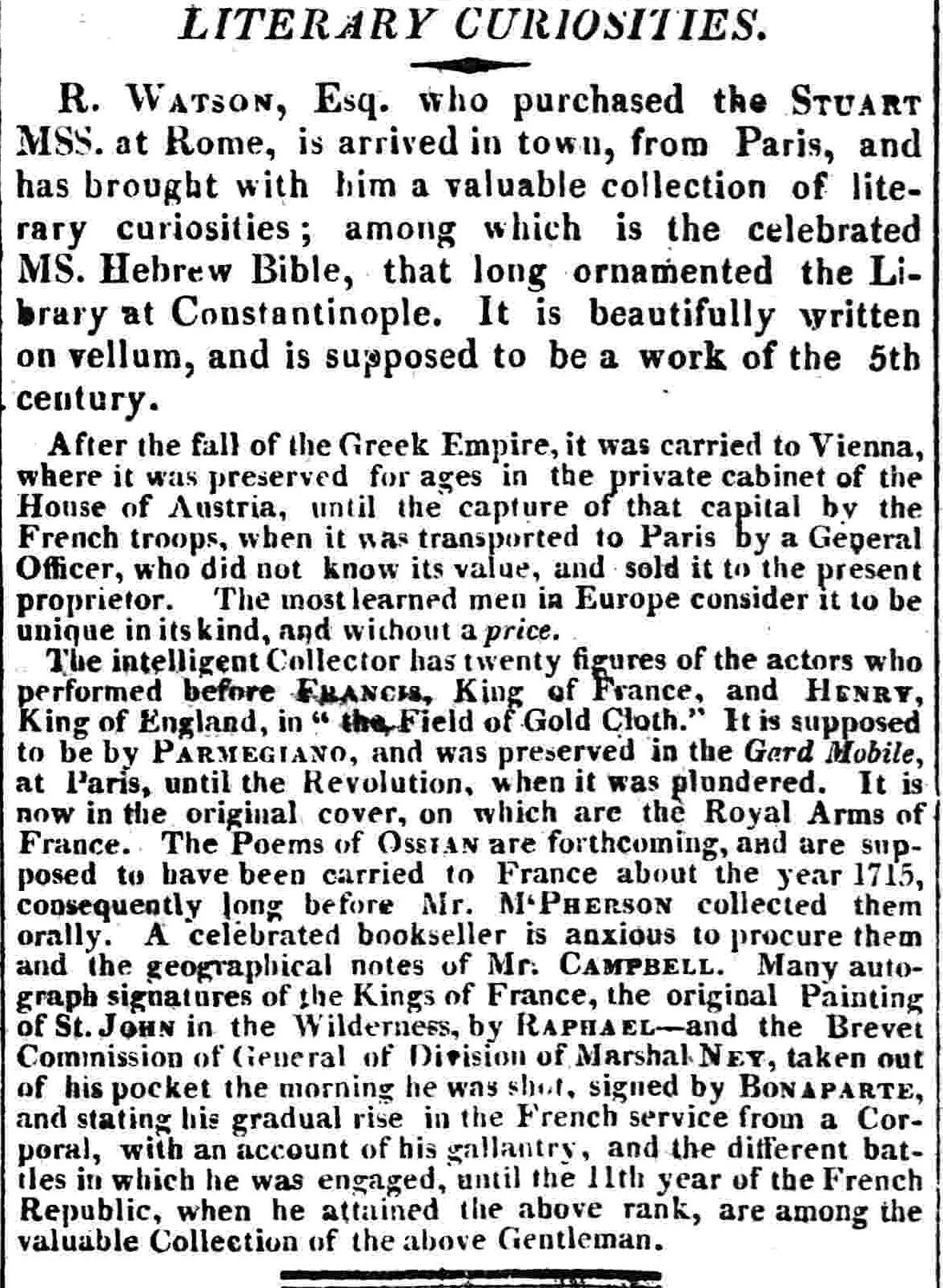│By Clem Delany, Associate Acquisitions Editor│
Two hundred years ago, on 16th August 1819, at least seventeen people died at St Peter’s Field, Manchester, during a peaceful protest calling for the reform of parliamentary representation.
This year, the two hundred-year anniversary, has been marked in the UK by a wealth of newspaper articles covering ‘a tragic event of minor historical significance that happens to accord with a Marxist version of Britain’s past’ 1 (The Times) or ‘the bloodiest event on English soil in the nineteenth century’ 2 (The Daily Mail). The BBC, from its new headquarters in Manchester, produced ten radio programmes and performances to mark the anniversary. You can buy a Peterloo mug or a Peterloo tea towel, and around Manchester live music, poetry readings, open-air karaoke and other family-friendly events took place over the weekend.
I dug through the Gale archives to see how the event was represented at the time, and at its centennial in 1919.


